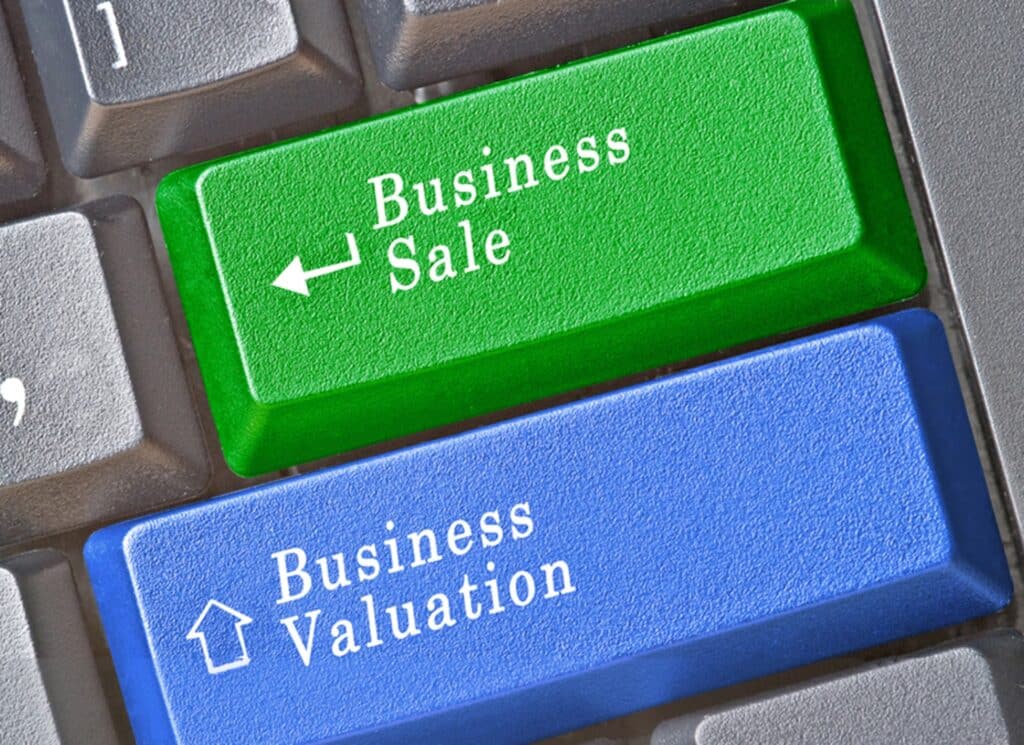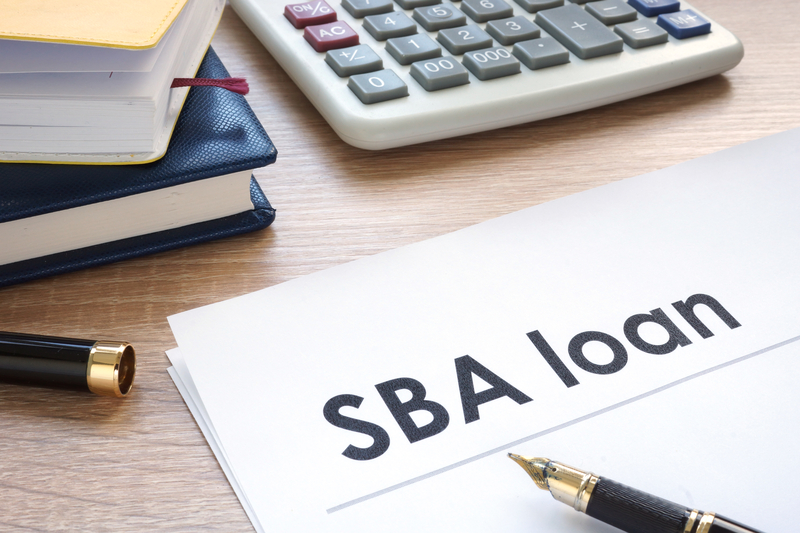For business owners, understanding how much your business is worth, or business valuation, is a crucial piece of information for planning for the eventual sale of your business. Knowing this value gives you a clear picture of how much your business could grow and what it could be worth to potential buyers or investors. This information helps you make smart decisions when you’re thinking about selling or merging.
To assist in this process, Pacific Business Sales offers a comprehensive free Business Market Value Analysis specifically tailored to prospective sellers.
Important Business Valuation Terms to Understand:
Understanding the disparities between Discretionary Earnings (DE), Net Profit, and Earnings Before Interest, Taxes, Depreciation, and Amortization (EBITDA) is crucial before delving into determining “what is the value of my business?”
Net Profit:
Net Profit serves as the baseline for computing both DE and EBITDA. When business brokers or valuation analysts mention Net Profit, they typically refer to the figure reported on the company’s tax returns. Discrepancies between the Net Profit on the company’s Profit & Loss statement and that on the Tax Return often arise due to year-end adjustments made by accountants or CPAs. It is good practice to have your CPA or accountant review the profit and loss statement after filing taxes and reconcile any adjustments. However, for valuation purposes, only the Net Profit from the Tax Return is considered when the Tax Return is available.
Discretionary Earnings (DE):
DE is the predominant business valuation metric. DE is calculated by starting with the company’s net income and then adding back any non-cash expenses (such as depreciation and amortization), interest expenses, and any owner perks/benefits/expenses that are not essential to the ongoing operations of the business. These owners’ benefits can include the owner’s cell phone, personal vehicles, owner’s life insurance, or other similar optional expenses.
While seemingly straightforward, complexities arise as many owners obscure these expenses, posing challenges in verification. A cardinal rule for owner’s expense add-backs mandates that they must correlate with an expense line item on the tax return. Any expense not reflected in the tax return cannot be utilized as an add-back for DE calculations.
EBITDA:
Calculating EBITDA is relatively straightforward. It begins with the Net Profit derived from the Tax Return and involves adding back Interest, Taxes, Depreciation, and Amortization. This yields the non-normalized EBITDA, typically accurate for sizable enterprises. For small businesses, the process entails adding back all owner benefits and compensations, followed by subtracting a replacement salary for the owner at the market rate. This adjustment yields Normalized EBITDA, more suitable for small business valuations. A simplified approach to compute Normalized EBITDA is by deducting a replacement salary for the owner from DE.
Methods of Valuation: Income Approach and Market Approach
If you’re a small business owner looking to value your, it’s can be helpful to familiarize yourself with the common methods of valuing small businesses. By familiarizing yourself with these methods, you can better assess the worth of your business and make informed decisions when it comes to selling or merging with another company.
One common method of valuing small businesses is the income approach. This method involves estimating the future cash flows of a business and discounting them back to their present value. By using this approach, you can determine how much your business is worth based on its ability to generate income.
The market approach is also a common method of valuing small businesses. This approach involves comparing your business to similar businesses that have recently been sold in that the DE and/or the EBITDA is multiplied by the relevant industry DE/EBITDA multiplier.
Pacific Business Sales utilizes software for its Market Value Analysis that employs both the income and market approach to come up with a realistic market value.
Read more about how to value a small business: How to Value a Small Business Using Earnings Multiples
Read more about How to Sell Your Business & Steps in Selling a Business
Case Study: Valuing a Manufacturing Business
In this case study, we will explore the valuation of a manufacturing small business, a common scenario that many small business owners face when considering selling their business. Valuing a manufacturing business requires a deep understanding of the industry, the market, and the specific assets and liabilities of the business. By following the valuation process outlined in this chapter, small business owners can gain a better understanding of their business’s worth and make informed decisions about hiring a business broker.
The first step in valuing the manufacturing small business was gathering all relevant financial information, tax returns and financial statements. Pacific Business Sales utilizes a secure portal for its clients to provide this information so the manufacturing business was easily able to transmit the information. This information provided a clear picture of the business’s financial health and performance over time. The manufacturer also notified the business broker of any assets, such as equipment or inventory, and liabilities, such as outstanding debts or loans, when valuing their business so that the business broker was able to explain the implication (if any) on the value.
Once the financial information was gathered, the business broker was able to provide a market value analysis to determine the value of their manufacturing business using various valuation methods, such as the income approach and market approach based upon applicable comparables. At the time of the valuation analysis, the DE multiplier was 3.14 and the EBITDA multiplier was 3.81. Based on an averaging of the business valuation approaches, the estimated value of a business with approximately $415k in DE and $265k in EBITDA was approximately $1,300,000.
Conclusion
In short, figuring out how much your business is worth is a big deal for small business owners who want to grow or sell their business. It helps you make smart choices that can lead to success down the road.
In the niche of small business valuation and when contemplating the time to sell your business, it is crucial to have a solid understanding of your business. By having a clear valuation in hand, you can confidently negotiate the terms of the deal and ensure that you are getting a fair price for your business. Pacific Business Sales will take the time to properly assess the value of your small business so that you are confident you are making informed decisions about its future and your exit planning. We provide this service at no charge and with no required future commitment to those looking into the sale of their business.





